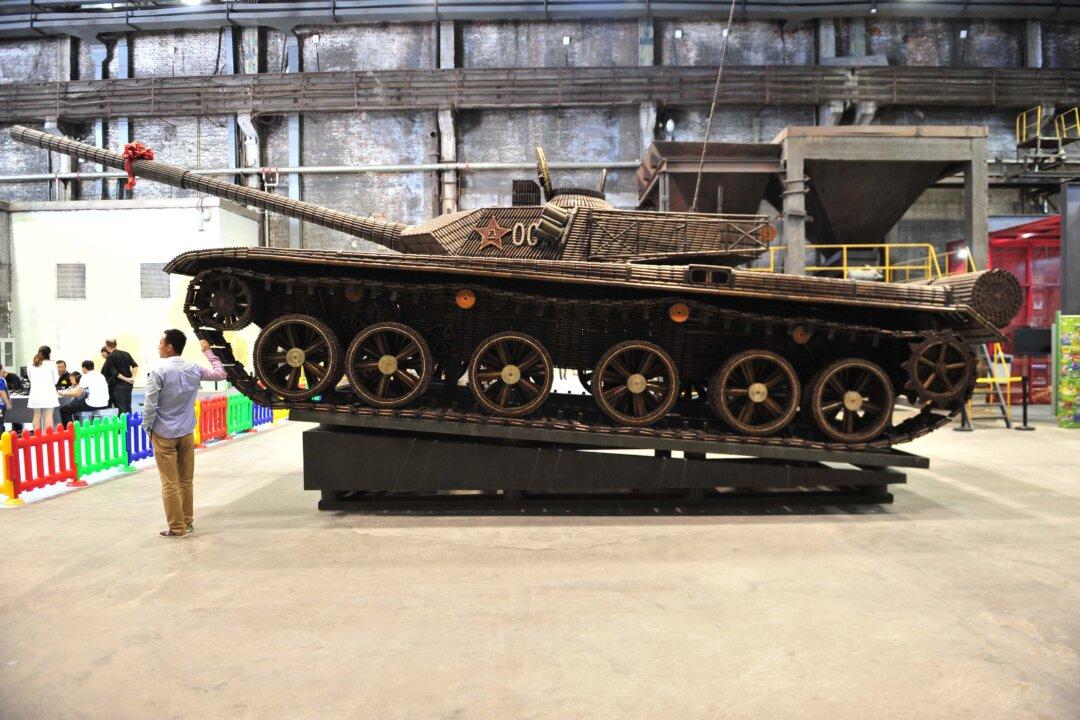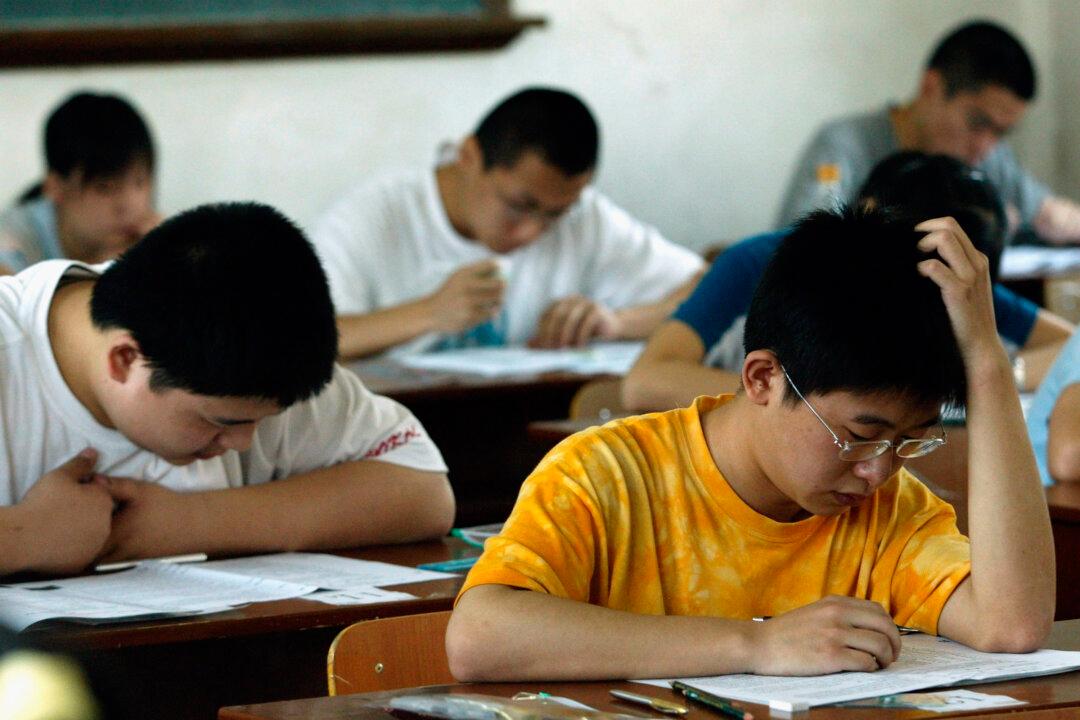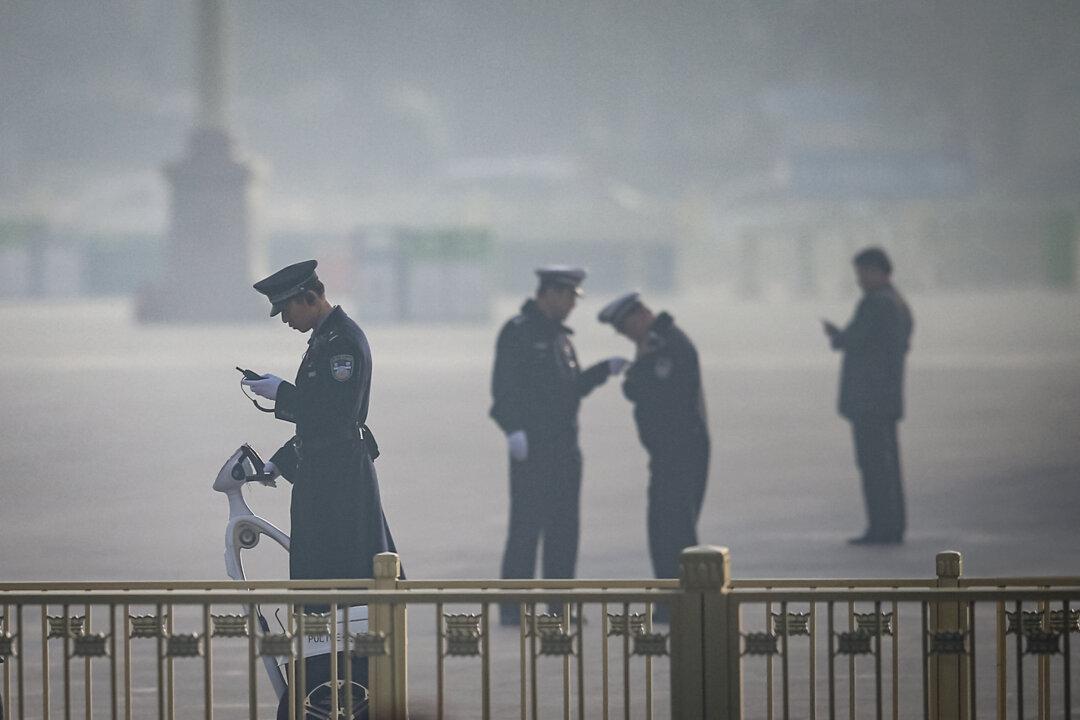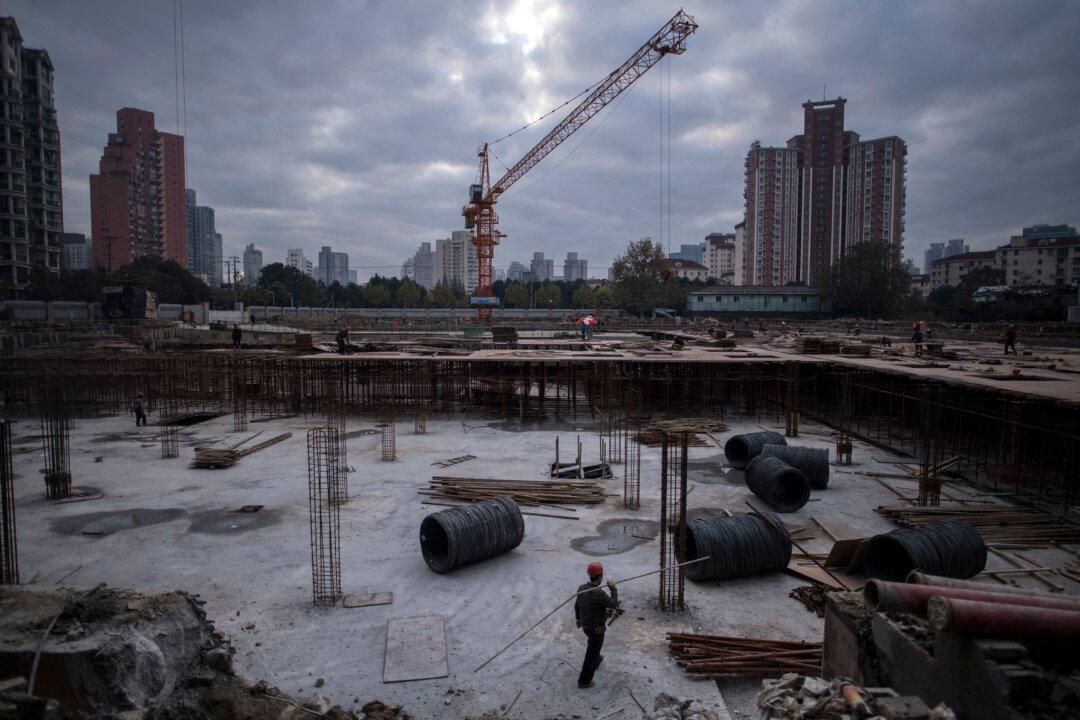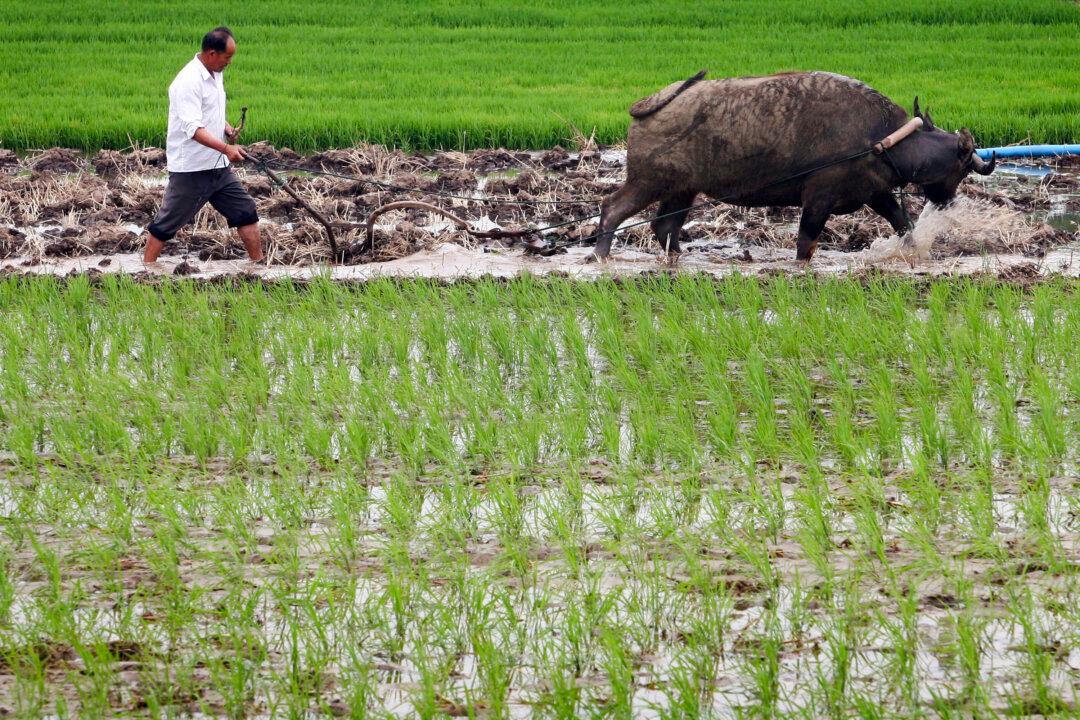News Analysis
China’s weak demand economy is in the doldrums. But instead of lenient incisiveness for the hard-hit consumer base, the Chinese Communist Party (CCP) is ramping up production overcapacity and exacerbating the economic woes at home while also bringing troubles to the rest of the world, experts suggest.
